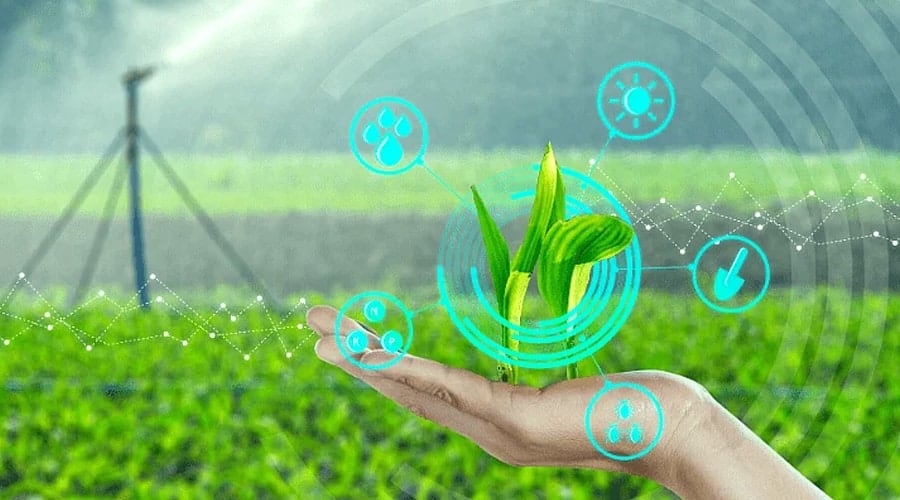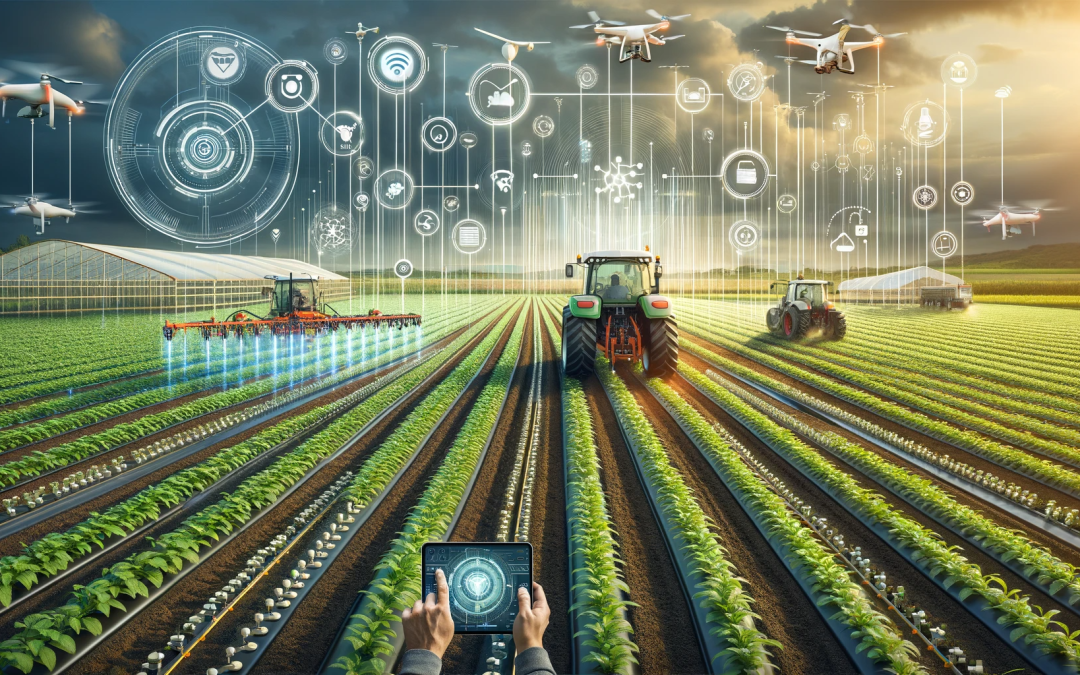Introduction:
The production of food is critical, but with problems such as climate change and increasing population, hunger requires better approaches to farming. These ideas allow farmers to earn money and save the Earth at the same time. This article brings to you brilliant revenue-generating techniques that are important for the execution of organic farming innovations for the year 2025 to enable farmers to produce crops in good quality and advanced ways without compromising on the environment.

Profitable Agriculture Business Ideas for 2025:
Farming in 2025 is not only the process of producing food crops. Sometimes, there are new ideas by which people can make money from agriculture for instance by adopting advanced technology or professionalism in farming. These ideas allow farmers to make more income while creating awareness of environmental conservation.
Some profitable farming ideas:
- Organic Farming: Producing crops naturally in the absence of chemicals so that people and the earth can be healthier.
- Agro-Tourism: Engage visitors and help them understand what farm life is and where their food is produced.
- Vertical Farming: A technique of growing crops one on top of the other that would suit the greening of cities.
Using Technology in Farming:
The projection to 2025—farming for the future—is evidence of the importance of technology in farming. An example of such technology includes drones and smart irrigation systems that help farmers monitor crops, time, and resources. All these new technologies assist the farmers in the aspect of productivity as well as in lowering the expenses.
Examples of technology in farming:
- Precision Farming: Ways include using tools such as sensors to facilitate better crop tracking and therefore enhance farming.
- Drones: He created ‘flying’ machines that assist farmers monitor their crops from the sky and identify suspected problems at first sight.
- Automation: Cars that drive themselves and farms that can plant water, and even reap crops on their own.
Sustainable Farming for a Greener Future:
Reasonable agriculture for example natural farming seems at how farming may be executed without harming the surroundings or degrading the soil. Such techniques help in reducing pollution, water utilization, and soil first-rate. As a result of sustainable farming, meals can be grown without damaging the surroundings in any way.
Sustainable farming methods:
- Organic Farming: Organic farming is without use synthetic inputs, which can be unsafe for the surroundings.
- Agroforestry: Growing results and different crops across the bushes, to assist with water retention, and getting another source of income from timber products.
- Permaculture: Reconstructing eco-technologically self-supporting farming systems, like natural ones.
Water-Saving Techniques for Farming:
Irrigation is very important for agriculture but this is a very rare commodity that is very difficult to find especially in certain regions. In order to utilize water more prudently, farmers can select particular treatment procedures that are not wasteful and the crops need water for their growth.
Water-saving techniques:
- Drip Irrigation: Water the plants with a trickle basin, directly on the root, because that will not only save water but also time.
- Rainwater Harvesting: Rent for channeling water to collect rainwater so that plants can be watered using the same water.
- Soil Moisture Sensors: Tools that assist farmers look at to determining when the soil needs water.
Improving Soil Health for Better Crops:
The other factor we hold dear is soil health in order to produce stronger growing crops. The low application of artificial fertilizers can also be facilitated through other natural ways by the farmers on the improvement of soil health. Soil plays an essential role in growth and the crops that amend the soil will help crops produce better and healthier.
Ways to improve soil health:
- Crop Rotation: Rising a different crop each year to help the soil.
- Cover Cropping: Growing crops that take care of the soil and improve it.
- Composting: Reusing waste material to enhance the quality of the soil.
FAQ’s:
- To start, what is sustainable farming, and why is the concept a critical one for producers today?
Organic farming maintains the natural order and leads to provision for many generations to come as opposed to destructive farming.
- It may be requested, how does the prevalence of an organic farming machine do true for the surroundings?
Organic farming uses no chemicals consequently minimizing the extent of pollutants in the soil, water, and air.
- What does agroforestry imply, and how does it advantage farming?
Agroforestry involves the development of timber along vegetation which complements soil fertility, reduces soil erosion, and acts as a source of different earnings.
- In what methods may additionally precision agriculture improve crop manufacturing?
Precision farming encompasses the use of era to be able to take a look at crops and to make better selections that in the long run increase yields and reduce waste.
- Outcomes of optimum irrigation systems?
Water conservation reduces wastage through appropriate control of both time and quantities of water required by crops hence promoting healthy crops.
Conclusion:
The technological advancement and the sustainability measures in the arming industry of 2025 will be reflected. Any farmer who embraces such ideas will be less expensive in production and at the same time benefit from an improved environment. It means that the new approaches to farming, such as organic farming, precision farming, water conservation, etc allow farmers to feed the world and not harm the planet.

